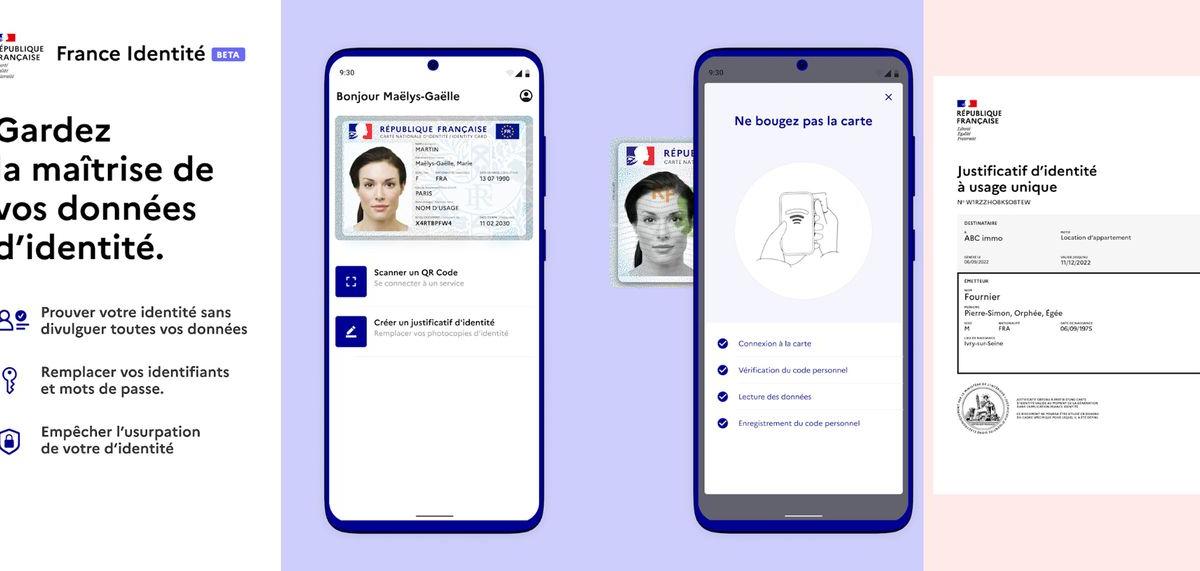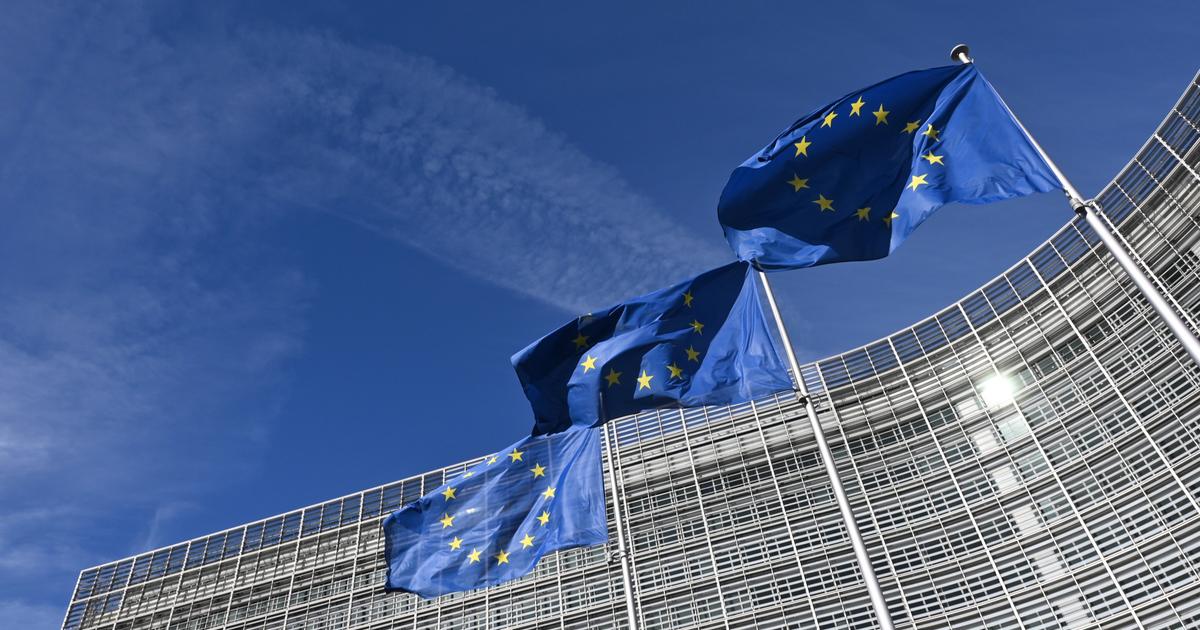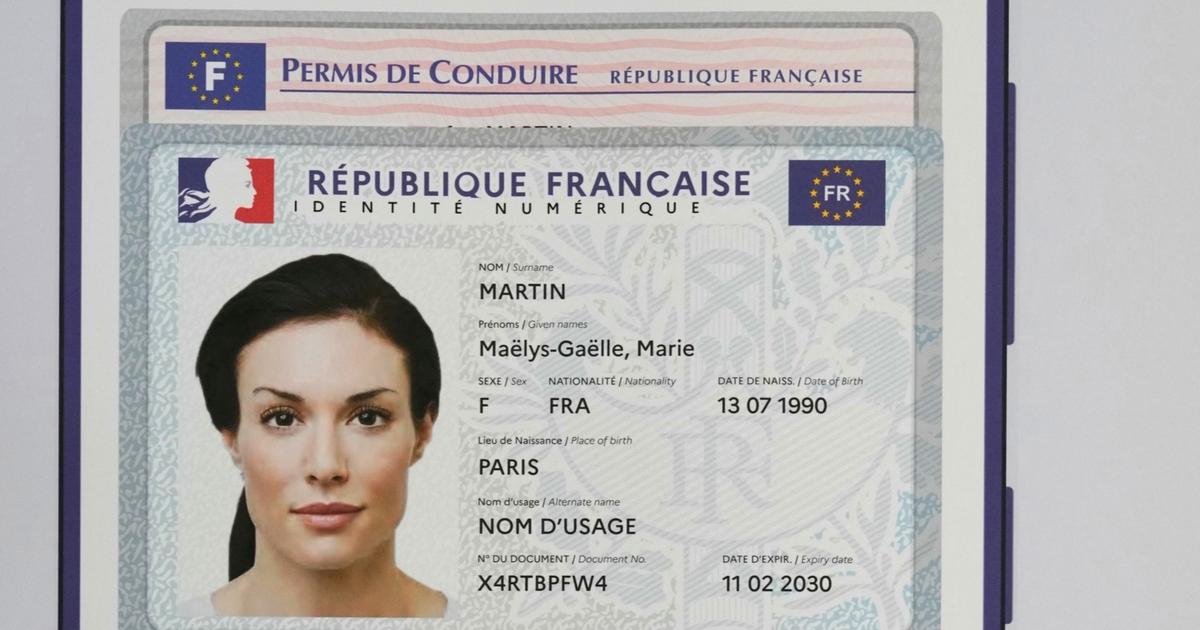Cyrille Dalmont is an associate researcher at the Thomas More Institute and a specialist in digital ethical issues.
FIGAROVOX. - From May, the State will deploy a new application in France, “France identity”, allowing people to prove their identity and carry out procedures online, thanks to the chip located on the new identity cards. What do you think about the upcoming implementation of this tool?
Cyrille Dalmont. -
The deployment of this application is to be placed within the framework of the eIDAS regulation, European regulation on electronic identification and trust services for electronic transactions within the internal market.
The digitization of passports as part of the
common identity repository
and the digitization of national identity cards fall within this framework.
Since this European regulation, France has been working on the Alicem project (Editor’s note, a digital identity application by facial recognition) which was rejected by the CNIL because of its use of facial recognition and biometric data.
The government has changed its tune and switched to this new model where there is no facial recognition and, theoretically, no data exchange between users' smartphones and a centralized remote server.
But this is also what was put forward by the government when it launched the TousAntiCovid application and we quickly realized that this was not the case.
Is there any data protection information on this app? The CNIL did not oppose “France identity”…
The CNIL did not oppose it, but it is only commenting on the elements that the government has provided to it.
It's a bit the same principle as for StopCovid and TousAntiCovid.
This kind of process is always done in several stages;
there we have the beta version, and it is difficult to know what the implications will be behind.
If we look at the logic of the European Commission, identity at European level would theoretically be linked with medical data.
With the Covid, everything concerning the exchange of medical data was made possible by the European Commission.
It is therefore complicated to know what will be the developments of this application.
All we can say is that the position of the CNIL is favorable to "France identity" in the current state of things.
But on StopCovid and on the health pass, the first position of the CNIL was also rather favorable, before being followed by five requests for information that remained unanswered from the government.
In short, if we trust the theory and the test version, there is no exchange of data and, theoretically, the digital identity provided by this process is limited in time.
If we draw parallels with what has been done before, we note however that these tools generally have a tendency to become a violation of public freedoms.
There will be the major risk of wanting to save personnel: digitization in principle reduces a certain number of recurring tasks that were carried out by people.
Cyrille Dalmont
Although the promoters of this application claim that it will not replace physical public services, should we be worried about an increasing digitization of procedures, administrative but also political. Some believe that this application should eventually allow electronic voting...
The question of electronic voting is in the reflection phase, the latest electoral cards were equipped with a QR code, but this is never stated outright.
On the limits of digitization, we note that there are extremely significant inequalities in access to digital technology.
They vary according to age groups, with a very significant break in use among the elderly, but also according to socio-cultural level, with what is called illectronism.
There are threshold effects on certain categories of people who have little skills in using digital technology.
Then, there will be the major risk of wanting to save personnel: digitization in principle reduces a certain number of recurring tasks that were carried out by people.
The stated objective is never that but, in fact, that is what is happening.
There are fewer staff, counters, in terms of service to the public.
Precisely, while we are currently seeing an extension of the deadlines for obtaining new identity documents, should we see in this process of dematerialization a way of improving the quality and efficiency of public services?
If we take a good look at the procedures for renewing identity papers, there is already an online pre-approach that supposedly exists to improve the service and the speed of obtaining them.
But we realize that the deadlines have been extended.
It is paradoxical but, at present, there are already digital devices allowing to have pre-filled documents and yet the deadlines have been extended.
The logic of the digital identity in European format is above all to make it easier for the consumer to consume in complete safety.
Cyrille Dalmont
A person with a very strong digital culture in a very connected metropolis, it risks making life easier for him, but on the other hand it risks quickly rotting the life of an elderly person in a white area, especially if there is no no one left to accompany him in his steps.
There will be an obvious generational threshold effect but also a certain risk of a reduction in the number of people in the communities to carry out this type of task.
What are the arguments put forward in favor of the deployment of digital identity?
When Alicem was launched, the initial objective was to be able to consume with confidence, to make digital purchases.
You have to understand that there is a very European philosophy behind all this, that of a large consumer market.
It is above all a question of simplifying the procedures for the consumer.
So the logic of digital identity in the European format is above all to make it easier for the consumer to consume in complete safety.
We find it in the way Alicem was presented: the points put forward by the Ministry of the Interior insisted on a certain number of procedures linked to consumption more than on identity papers.
Furthermore, this digital identity will not allow you to renew your identity papers.
The delay will always be just as long.
The temporary digital identity generated by the application will above all make it possible to carry out online consumer procedures, it is an extremely consumerist approach.
We see that in this kind of novelty on the digitization of society, it is the European Commission that is in charge, it acts through regulations, so it is imposed and not negotiated as directives would allow.
And the logic that guides these regulations is clearly consumerist, and less and less focused on data protection and individual freedoms.
The objective of the European Commission is to create a large open data market, which is found in other European regulations, in particular on non-personal data.
It is in no way a logic of protection of public freedoms or better efficiency of public services that takes precedence.









